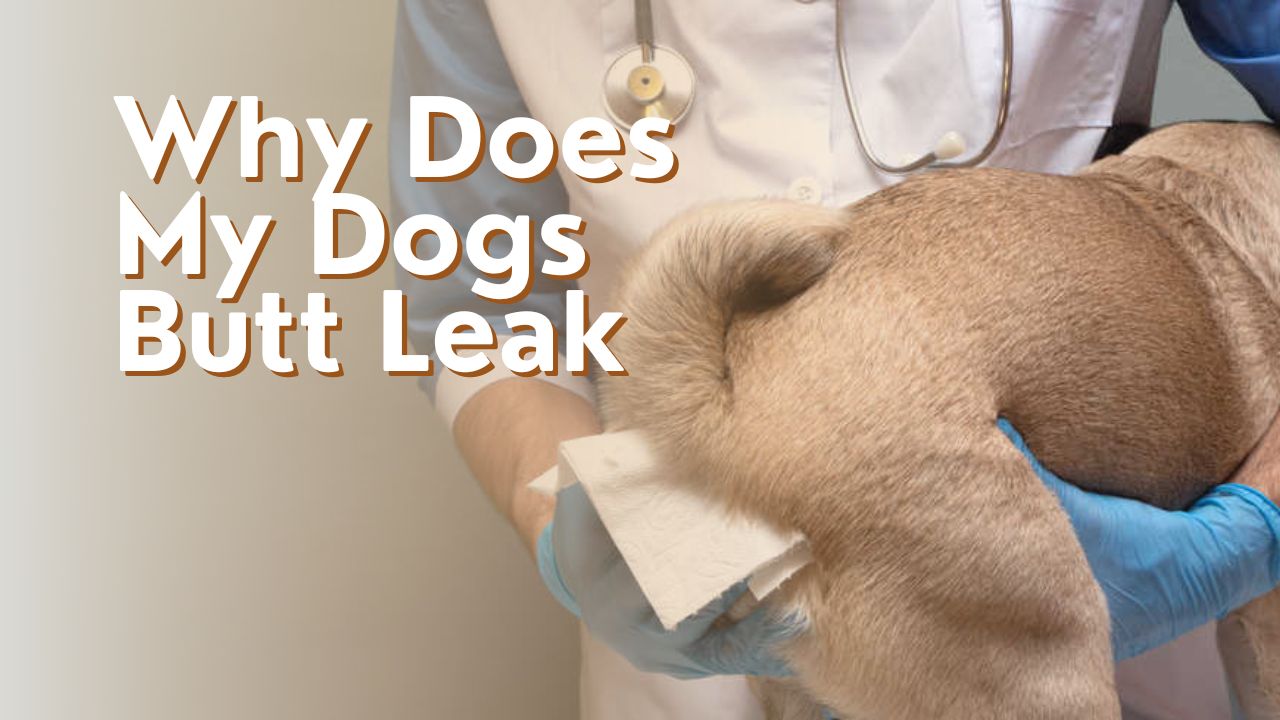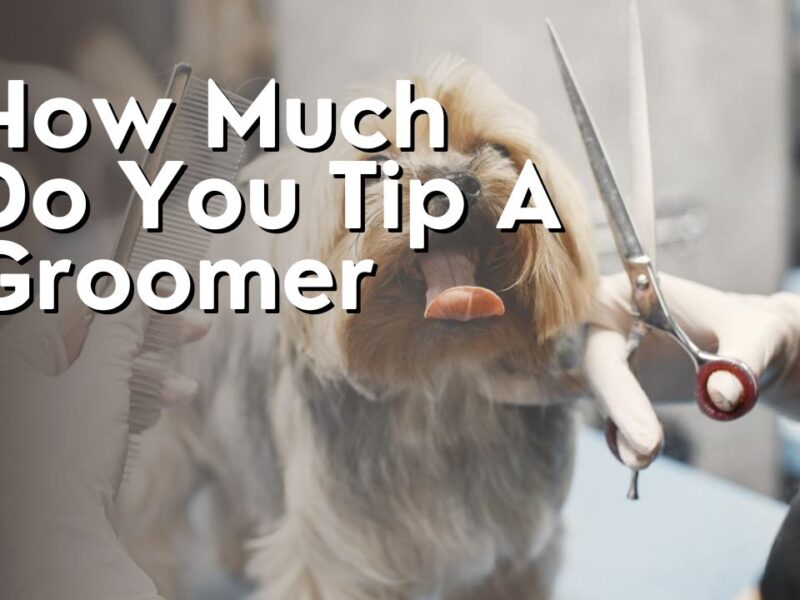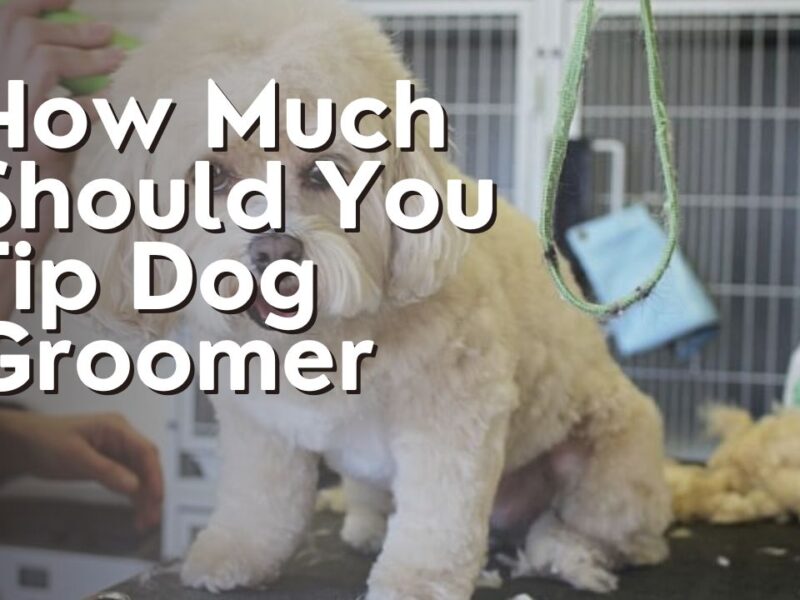Have you ever noticed your dog’s butt leaking and wondered why? Well, you’re not alone. As a dog owner myself, I’ve had my fair share of experiences with this issue. That’s why I decided to dive into the topic and find out what causes it.
In this article, we’ll explore the world of anal gland problems in dogs. We’ll start by understanding what anal glands are and why they sometimes get blocked or infected.
I’ll also share some dietary factors that can impact your dog’s anal gland health. Additionally, we’ll discuss infections and other medical conditions that may contribute to this unpleasant leakage.
But don’t worry, it’s not all doom and gloom! I’ll also provide you with some preventive measures you can take to keep your furry friend’s anal glands in good shape. And of course, I’ll let you know when it’s time to seek veterinary help.
So let’s get started and uncover the secrets behind why your dog’s butt may be leaking.
Understanding Anal Gland Problems in Dogs
Do you ever wonder why your dog’s butt is leaking, causing discomfort and worry? Well, let me shed some light on the matter.
One possible explanation for this issue is anal gland problems in dogs. Anal glands, also known as anal sacs, are small glands located on either side of your dog’s anus. They produce a smelly, oily substance that helps them mark their territory and communicate with other dogs. However, sometimes these glands can become blocked or infected, leading to leakage and discomfort for your furry friend.
When the anal glands become blocked, they can cause a range of problems. Your dog may start scooting their bottom on the ground, licking or biting the area, or even develop a swollen or painful rear end. This is their way of trying to relieve the discomfort caused by the blocked glands. In some cases, the glands may even rupture, which can be extremely painful for your dog.
If you notice your dog’s butt leaking, it’s important to take them to the veterinarian for a proper diagnosis and treatment. The vet may manually express the anal glands to relieve the blockage or prescribe antibiotics if there is an infection. In severe cases, surgery may be necessary to remove the glands altogether.
In conclusion, anal gland problems can cause your dog’s butt to leak and can be quite uncomfortable for them. It’s essential to seek veterinary care to address this issue and provide relief for your furry companion.

Dietary Factors and Their Impact on Anal Gland Health
Dietary choices can have a profound influence on the well-being of your furry friend’s anal glands. What your dog eats plays a significant role in the health of his anal glands. A lack of necessary fiber in a dog’s diet can lead to problems with the anal glands. Fiber helps regulate a dog’s bowel movements, ensuring that the stool passes through the anal glands, exerting pressure and helping them empty properly.
Without enough fiber, the stool may become too soft, making it difficult for the anal glands to be expressed naturally. Poor-quality dog food containing artificial additives, preservatives, and fillers can also contribute to anal gland issues. These ingredients can cause inflammation and irritation, leading to excessive anal gland secretions.
It is important to choose a high-quality dog food that provides the necessary nutrients and fiber to keep the anal glands healthy. Adding natural sources of fiber, such as pumpkin or psyllium husk, to your dog’s diet can also be beneficial.
By making mindful dietary choices, you can help prevent anal gland problems and ensure your dog’s overall well-being.
Infections and Other Medical Conditions
When it comes to infections that can cause a leaking butt, there are a few key types to be aware of. Symptoms can vary but may include redness, swelling, and discomfort. Treatment options range from antibiotics to surgical drainage, depending on the severity of the infection.
Additionally, there are other medical conditions that can contribute to anal gland problems. These conditions include tumors or inflammation in the surrounding tissues.
Types of infections that can cause a leaking butt
If your dog’s butt is leaking, it could be a sign of a serious infection that needs immediate attention. There are various types of infections that can cause a leaking butt in dogs.
One common infection is anal gland infection, which occurs when the anal glands become blocked or infected. This can cause the glands to leak a foul-smelling discharge.
Another type of infection is a urinary tract infection, which can lead to urinary incontinence and leakage from the anus.
Additionally, gastrointestinal infections such as colitis or inflammatory bowel disease can cause diarrhea and anal leakage.
It’s important to consult a veterinarian if you notice any signs of infection, as prompt diagnosis and treatment can help alleviate your dog’s discomfort and prevent further complications.
Symptoms and treatment options
There are effective treatment options available to alleviate the discomfort caused by symptoms of a leaking butt in dogs. One common symptom is excessive licking of the anal area. This can lead to irritation and inflammation, making the problem worse.
A vet may recommend a topical ointment or spray to soothe the area and reduce inflammation. In some cases, antibiotics may be prescribed to treat any underlying infection. Additionally, dietary changes can help manage the condition. A high-fiber diet can regulate bowel movements and prevent constipation, which can contribute to anal leakage.
It’s important to consult with a veterinarian to determine the best course of treatment for your dog’s specific situation. With proper care and treatment, your furry friend can find relief from their leaking butt.
Other medical conditions that may lead to anal gland problems
Let’s take a closer look at other medical conditions that may contribute to anal gland problems. It’s important to understand that various underlying health conditions can cause anal gland issues in dogs. These conditions may include:
- Allergies: Dogs, like humans, can experience allergies. Allergic reactions can cause inflammation in the anal glands, resulting in leakage.
- Infections: Bacterial or yeast infections can affect the anal glands, leading to discomfort and leakage.
- Tumors or cysts: In certain cases, tumors or cysts located near the anal glands can exert pressure on them, causing leakage.
- Gastrointestinal issues: Problems with the digestive system can disrupt the normal functioning of the anal glands, leading to leakage.
Understanding these potential causes can help you identify and address the root of the problem. Remember, it’s always advisable to consult with a veterinarian for a proper diagnosis and treatment plan.
Preventive Measures for Anal Gland Issues
When it comes to preventing anal gland issues in dogs, there are a few key points to keep in mind.
First, regular grooming and hygiene practices are essential. This includes keeping the area clean and free from excessive hair.
Second, regular exercise and weight management can help to promote healthy bowel movements, which in turn can help prevent anal gland problems.
Lastly, regular veterinary check-ups and anal gland expression can help to identify and address any issues before they become more serious.

Regular grooming and hygiene practices
Regular grooming and hygiene practices are essential to keeping my furry friends behind clean and leak-free. I make sure to regularly brush my dog’s fur to prevent any matting or tangles that could trap bacteria and cause anal gland issues.
I also give him regular baths using gentle dog shampoo, focusing on the areas around his anus to keep them clean and free from any build-up. After bathing, I thoroughly dry his fur to prevent any moisture from irritating his anal glands.
Additionally, I trim the hair around his anus to minimize the chances of fecal matter getting stuck and causing any discomfort or infection. By following these grooming and hygiene practices, I can help prevent any potential leakage issues and keep my dogs healthy and clean.
Regular exercise and weight management
Ensuring that my furry companion gets enough exercise and maintains a healthy weight is crucial for their overall well-being. Regular exercise not only keeps my dog physically fit, but it also helps prevent various health issues, including anal gland problems.
When my dog exercises, their muscles tone up, which aids in the proper functioning of their anal glands. Additionally, exercise helps regulate their bowel movements, reducing the chances of constipation or diarrhea, both of which can contribute to anal gland issues.
Moreover, maintaining a healthy weight is essential because overweight dogs are more prone to anal gland problems. By keeping my dog active and ensuring they maintain a healthy weight, I can help prevent any potential issues with their butt leaking and promote their overall health and happiness.
Regular veterinary check-ups and anal gland expression
To keep your furry companion’s anal glands in good health, it’s important to schedule regular veterinary check-ups. During these check-ups, the vet can perform anal gland expression if necessary.
Anal glands are small sacs located on either side of your dog’s anus. They produce a smelly, oily substance that helps with marking territory and communication. However, sometimes these glands can become impacted or infected, causing discomfort and even leakage.
During a veterinary check-up, the vet will examine your dog’s anal glands and manually express them if needed. This process involves applying gentle pressure to the glands to release the built-up fluid.
Regular check-ups and anal gland expression can help prevent complications and keep your dog’s butt leakage-free. Remember to follow your vet’s recommendations and seek their advice if you notice any issues with your dog’s anal glands.
When to Seek Veterinary Help
If your dog’s butt is leaking, it’s best to consult a veterinarian for prompt attention and proper diagnosis. While occasional anal gland issues can be common in dogs, persistent leaking or excessive discharge may indicate a more serious problem that requires veterinary help. It’s important not to ignore this issue, as it could be a sign of an underlying medical condition.
When determining when to seek veterinary help for your dog’s leaking butt, there are a few key signs to look out for. If your dog is continuously licking or biting at their anal area, if the discharge has a foul odor, or if your dog seems to be in pain or discomfort, it’s time to schedule a visit to the vet. These signs may indicate an infection, impacted anal glands, or even a more serious condition such as anal sac disease or a rectal tumor.
Seeking veterinary help promptly will ensure that your dog receives the proper diagnosis and treatment. Your vet may need to perform a physical examination, conduct tests, or even perform a procedure to express the anal glands. They will be able to determine the underlying cause of the leaking and recommend appropriate treatment options.
Remember, it’s always best to consult a veterinarian when your dog’s butt is leaking to ensure their health and well-being.
Frequently Asked Questions
How can I express my dog’s anal glands at home?
To express my dog’s anal glands at home, I can start by wearing gloves and gently applying pressure to the glands located on each side of their anus. If unsure, it’s best to consult a veterinarian for proper guidance.
Can anal gland issues be prevented with a specific diet?
Yes, anal gland issues can be prevented with a specific diet. Adding fiber to my dog’s food helps regulate bowel movements and reduces the likelihood of gland blockage, which can cause leakage.
Can anal gland problems in dogs be a sign of a more serious medical condition?
Yes, anal gland problems in dogs can sometimes indicate a more serious medical condition. It’s important to consult with a veterinarian to rule out any underlying issues and determine the best course of treatment.
How can I tell if my dog’s anal gland issue is due to an infection?
I can tell if my dog’s anal gland issue is due to an infection by observing symptoms like swelling, redness, pain, and discharge with a foul odor and if my dog is constantly licking or biting the area.
Are there any natural remedies or supplements that can help with anal gland problems in dogs?
There are natural remedies and supplements that can help with anal gland problems in dogs. Some options include adding fiber to their diet, using herbal remedies like pumpkin or coconut oil, and giving them probiotics.
Conclusion
In conclusion, dealing with anal gland problems in dogs can be messy and unpleasant. However, by understanding the causes and taking preventive measures, we can help keep our furry friends comfortable and healthy.
One important factor to consider is the dog’s diet. Ensuring they are getting enough fiber can make a big difference in preventing anal gland issues. A high-fiber diet helps regulate the dog’s bowel movements, making it easier for the anal glands to empty naturally.
If your dog’s butt continues to leak or if you notice any signs of infection or discomfort, it’s important to seek veterinary help. Your veterinarian can provide the necessary treatment and guidance for your dog’s specific needs. They may need to manually express the anal glands or prescribe medication to alleviate the problem.
Remember, prevention is key. Regularly checking and expressing the anal glands can help prevent them from becoming impacted or infected. Additionally, keeping your dog’s weight in a healthy range and providing regular exercise can also contribute to overall anal gland health.
By taking these steps and being proactive, we can help minimize the occurrence of anal gland problems and keep our dogs happy and comfortable.


